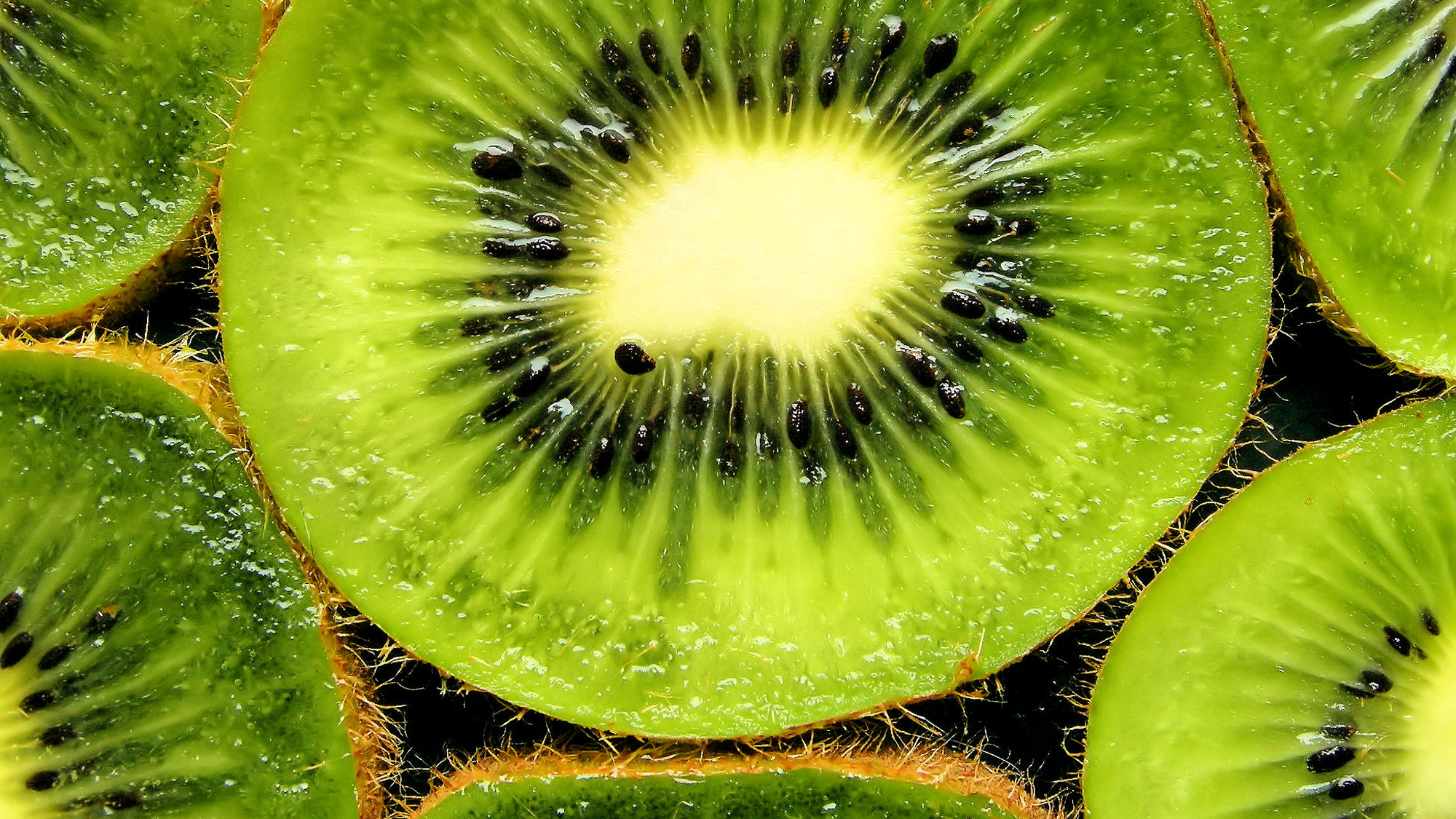Eat two kiwis a day to slow your body's ageing, says science
A healthy diet can do wonders for the body and here's why research suggests eating kiwis


Start your week with achievable workout ideas, health tips and wellbeing advice in your inbox.
You are now subscribed
Your newsletter sign-up was successful
When you are exercising regularly and working the body at a fairly strenuous level then you might find your body going through oxidative stress - a process that can cause injury, excessive fatigue, and delay recovery. Yet, science might have a simple hack to help prevent this.
It is important to note that oxidative stress happens naturally when we exercise and as we age, and this isn’t always harmful. But the process of excessive, long-term oxidative stress is linked to cell damage and cardiovascular disease, and regular exercise and a healthy diet will go a long way to reducing it. This will also help ensure that our bodies are not at risk of injury after exercise.
Perhaps you are an avid runner and regularly enjoy an intense long run. If so, you may already take precautions like wearing the best running shoes for men or best running shoes for women.
In addition to wearing the right gear when you exercise, you can also reduce the risk of increasing oxidative stress by eating a healthy, nutrient rich diet.
A recent study conducted at the Kagawa Nutrition University in Japan has revealed that eating kiwi fruit everyday can help to reduce oxidative stress.
The researchers recruited 30 college-aged, middle and long distance male runners and instructed half to eat two kiwis everyday for two months alongside their normal diet and training, meanwhile the other half didn’t consume any kiwis.
The results revealed that eating kiwis could decrease the negative effects of high intensity training.
Start your week with achievable workout ideas, health tips and wellbeing advice in your inbox.

Oxidative stress and exercise: Is it good or bad for you?
Why kiwis specifically? The kiwi fruit contains high levels of antioxidants which can help control the spread of free radicals in the body. This is what causes oxidative stress in the first place.
Even better, the kiwi fruit also contains polyphenols, these are good for managing blood sugar levels and reducing risk of heart disease. Plus Vitamin C, which amongst many benefits is great for repairing body tissue.
There are plenty of other foods that can help to reduce oxidative stress, such as citrus fruits, broccoli and leafy greens.
This is supported by a 2018 study published in the Oxidative Medicine and Cellular Longevity journal. The researchers found that a diet overloaded with carbohydrates, animal proteins and fats, can lead to oxidative stress. The report suggests that eating more refined carbohydrates, whole grains and plenty of fruit and vegetables can help with this.
Changing up your diet doesn’t happen overnight but you can take meal inspiration from our best vegan cookbooks list. These include excellent selections of recipes based around some of the key ingredients mentioned above.
Jessica is an experienced fitness writer with a passion for running. Her career in journalism began in local news and she holds a Masters in journalism. Jessica has previously written for Runners World, penning news and features on fitness, sportswear and nutrition.
When she isn't writing up news and features for Fit&Well covering topics ranging from muscle building, to yoga, to female health and so on, she will be outdoors somewhere, testing out the latest fitness equipment and accessories to help others find top products for their own fitness journeys. Her testing pairs up nicely with her love for running. She recently branched out to running 10Ks and is trying to improve her time before moving on to larger races. Jessica also enjoys building on her strength in the gym and is a believer in health and wellness beginning in the kitchen. She shares all of this on her running Instagram account @jessrunshere which she uses for accountability and for connecting with like-minded fitness lovers.
